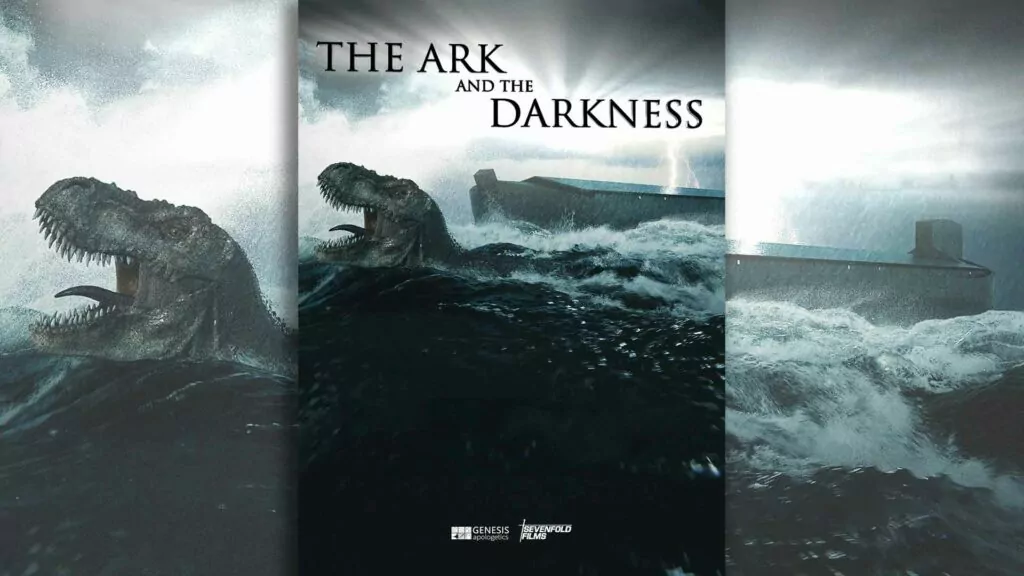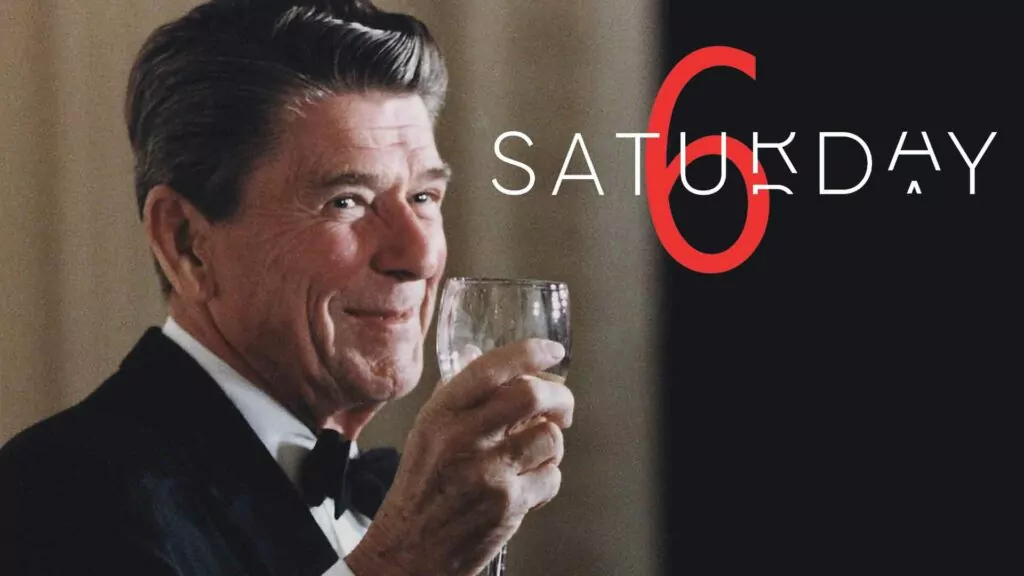
Adult non-fiction, Book Reviews
A Good Old Age: an A to Z of loving and following the Lord Jesus in later years
by Derek Prime
2017 / 184 pages
They say not to judge a book by its cover, but how about by its title? “A Good Old Age,” written by the 86-year-old pastor and seasoned veteran, Derek Prime, reminded me of what the Bible writes about Abraham: “And Abraham died in a good old age” (Gen. 25:8). So yes, this book had me by its title. Perhaps the title also grabbed me because I’m at an age where my parents have/are close to following the Lord Jesus into glory. Witnessing their time in the “waiting room” as they prepare for the last years of their earthly life, I see both the joys and the challenges these years represent and so was keen to see what Derek Prime had to say about the A-Z’s of following Jesus in the sunset years.
The book did not disappoint. But it did surprise. I soon realized I needed its wisdom in middle age as much as my parents did in their elderly age. I needed it as preparation for the last lap of my life, which the Bible tells me will come more quickly than I realize as “the grass withers, the flower fades” (Isaiah 40:8). Like Alistair Begg asserts in the foreword: “(This book) needs to be read long before we find ourselves in the senior citizen seats on the train.” So, whether you’re young and want to understand your grandparents and their behaviors more, whether you’re middle aged and giving extra time and love to your parents, or whether you’re nearing the Jordan crossing, this book is for you.
In A Good Old Age, Derek Prime goes through the entire alphabet, assigning a letter with its corresponding spiritual priority to each chapter, posing insightful questions along the way for the reader to consider while providing encouraging prayers at each chapter’s conclusion.
Although not a deeply theological book, it is an extremely practical one which won’t have you skim-reading over the fluff, because, quite simply, there isn’t any. While written simplistically, its truths are profound and, with the help of the Spirit and through prayer, will prove transforming. Both its content and its font size make for a highly readable book (in good light I didn’t need my reading glasses).
The author points out many perils to avoid in old age: Do you tend to compare the present with the past? Do you distrust the motives of those around you? Are you pessimistic? Do you indulge in self-pity? Are you grumpy and demanding?
He also points out potentials to embrace while spending time in the waiting room: Do you take the extra time you have to pray for those you love and for those in authority over you, including the minister and elders/deacons? Do you share good and wise counsel that has guided you in life? Do you encourage those around you? Do you speak to others about the hope that is within you, also as you approach the time of your death? Does your obedience to the Word of God shine from your life as a witness to your children and grandchildren?
There are several recurrent themes that run through this book and pop up in various different “letters”:
- seeking God’s approval before man’s approval;
- the power and importance of prayer as one of the most important things that you can do in old age (something not hampered by physical limitations);
- living your days in praise and thanksgiving;
- being an encourager and not a critic;
- pressing onward toward the goal of following our Savior into glory.
To give you a little bit of a taste of A Good Old Age, here are a few of my favorite “letters” (and no, I won’t tell you what “x” stands for – you’ll need to buy the book for that!):
- A is for Acceptance. Accept the fact that you are old. Accept the truths of aging – loss of a certain amount of independence, increased frustration, more physical ailments. Accept that your children are busy and can’t visit you as much as you would like.
- C is for Contentment. Be content with your health, finances, family members, friends. Be satisfied in Jesus Christ and witness this by your contentment in the everyday circumstances of your life.
- L is for Love. When love is in place, everything falls into place. Keep the cross in focus and everything else comes into focus. The more you realize Christ’s love for you, the more you love Him and reflect that love to one another. “Even as well-established fruit trees often provide the best fruit, so older Christians should produce the best examples of Christ’s love in a Christlike life.”
Since I started with the letter A, I had better finish with Z.
- Z is for Zeal. Zeal for the honor of God’s name, zeal for right relationships before we die, and zeal for the coming of God’s kingdom.
Derek Prime didn’t know how long he would spend in the waiting room of his sunset years before God called him Home. But God numbered his days, and the author died three years after this book was published, at A Good Old Age of 89. He left behind a legacy to his children and grandchildren of what it looked like to love and follow the Lord Jesus. May the same – by the grace of God – be said about us.
This review first appeared in the May 18, 2024 issue of Una Sancta, a magazine “for the Free Reformed Churches of Australia” and it is reprinted with both their and the author’s permission.






























